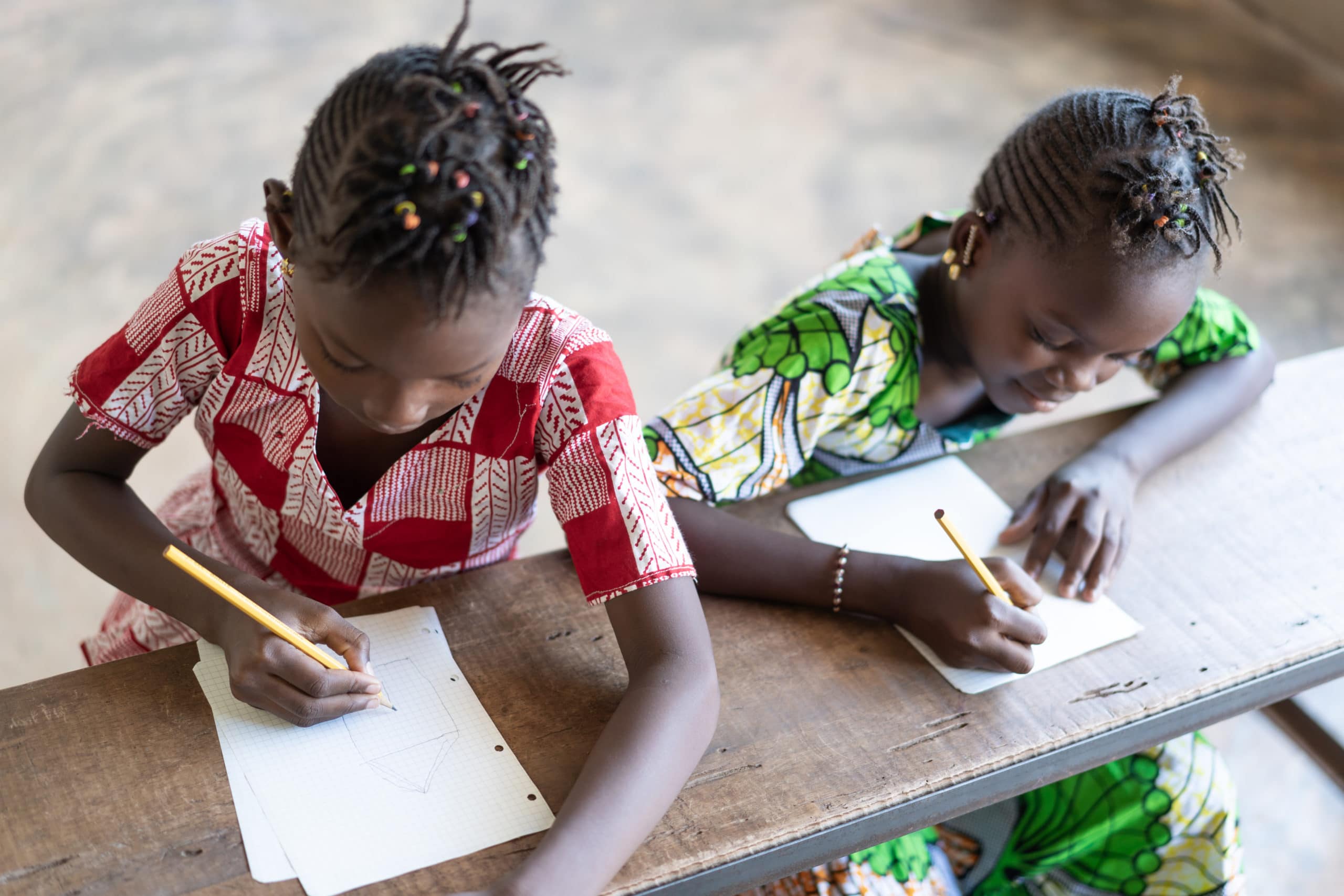Why the foundations of education systems in Africa need to be more inclusive so that no one is left behind.
Covid-19 has confronted us with the greatest education emergency of our lifetime. It interrupted the education of over 90% of the world’s students, exacerbating already existing inequalities and magnifying the global learning crisis. The ripple effects of this pandemic on people’s lives will be felt for years, potentially generations, if more is not done to make sure that exclusion is minimized, and the most vulnerable protected.
Before this pandemic hit, the 2020 Global Education Monitoring Report, All Means All, for which I am a youth advisor, shows that half of the world’s out-of-school children were in sub-Saharan Africa, totalling 97 million children and youth and growing. Without improvement, more than one in 10 adults in the region will not have completed primary school by 2050. Against this backdrop, I also learned that 40% of countries in the region have not supported disadvantaged learners during school shut-downs due to Covid-19.
The 2014-15 Ebola virus epidemic was all too recent to have been erased from planners’ memories. Yet the challenge was too large for any education system to respond effectively. This reeks of potential devastation for some of the most marginalized.
Battling back from this will require getting our priorities right. This isn’t just about the complex decisions to be made about continuing school closures, or re-opening, or finding new hybrid measures, it is also about deciding what emphasis to give to what types of learning.
We have to hope that countries will come up for air from this education emergency with a more inclusive outlook. If we are now fighting to open school doors again, why should that fight extend only to some and not all? Multiple groups still find their education opportunities are determined by their background, identity and ability. In Uganda, for example, less than half of eligible children in refugee-hosting districts have access to pre-school. In Tanzania, only half of children with albinism complete primary school. Equatorial Guinea and Tanzania still enforce a total ban on pregnant girls and young mothers in public schools. Four countries (South Sudan, Equatorial Guinea, Gambia, Somalia) do not specify a minimum age for marriage. And so the list goes on.
The foundations of education systems in the regions need to be made more inclusive for starters. Despite commitments to achieving inclusive education by 2030, only 2% of countries in sub-Saharan Africa have an education law inclusive of all learners, no matter their background, identity or ability.
But attention needs to be paid to the mechanisms within education systems as well. One survey found that fewer than one in 10 primary school teachers in 10 Francophone countries in our region had any training in inclusive education. Now faced with distance learning and the digital divide, such training is even more important than ever.
Inclusive education requires providing adapted infrastructure and materials and making sure that every child feels welcome in school. In many countries, however, including Mali, Mauritania and Senegal, most primary schools lack separate toilets for girls. This has a huge impact on whether of girls who have begun menstruating want to attend school or not. It is of vital importance in our region, where many students are over-age.
Clearly, finding success in the face of these challenges is not something any country can do alone. Covid-19 will increase costs, not just because of health bills, but also because of teachers’ salaries, technology, and infrastructure implications if social distancing has to be maintained. Both the length of school closures but also GDP scenarios will determine recovery. The GEM Report recently calculated that Covid-19 risks setting aid to education back by six years due to recession.
But, in every crisis, there’s opportunity. And the opportunity we have is to meet the challenge head-on. Business as usual is not enough. We must improve education offerings in the face of uncertainly and prepare this new generation to face and conquer the next crisis that will appear around the corner. We owe it to them. I, for one, will be working with fellow youth activists to make sure this point is heard.
– By Vivian Onano, youth advisor to the Global Education Monitoring Report, UNESCO
